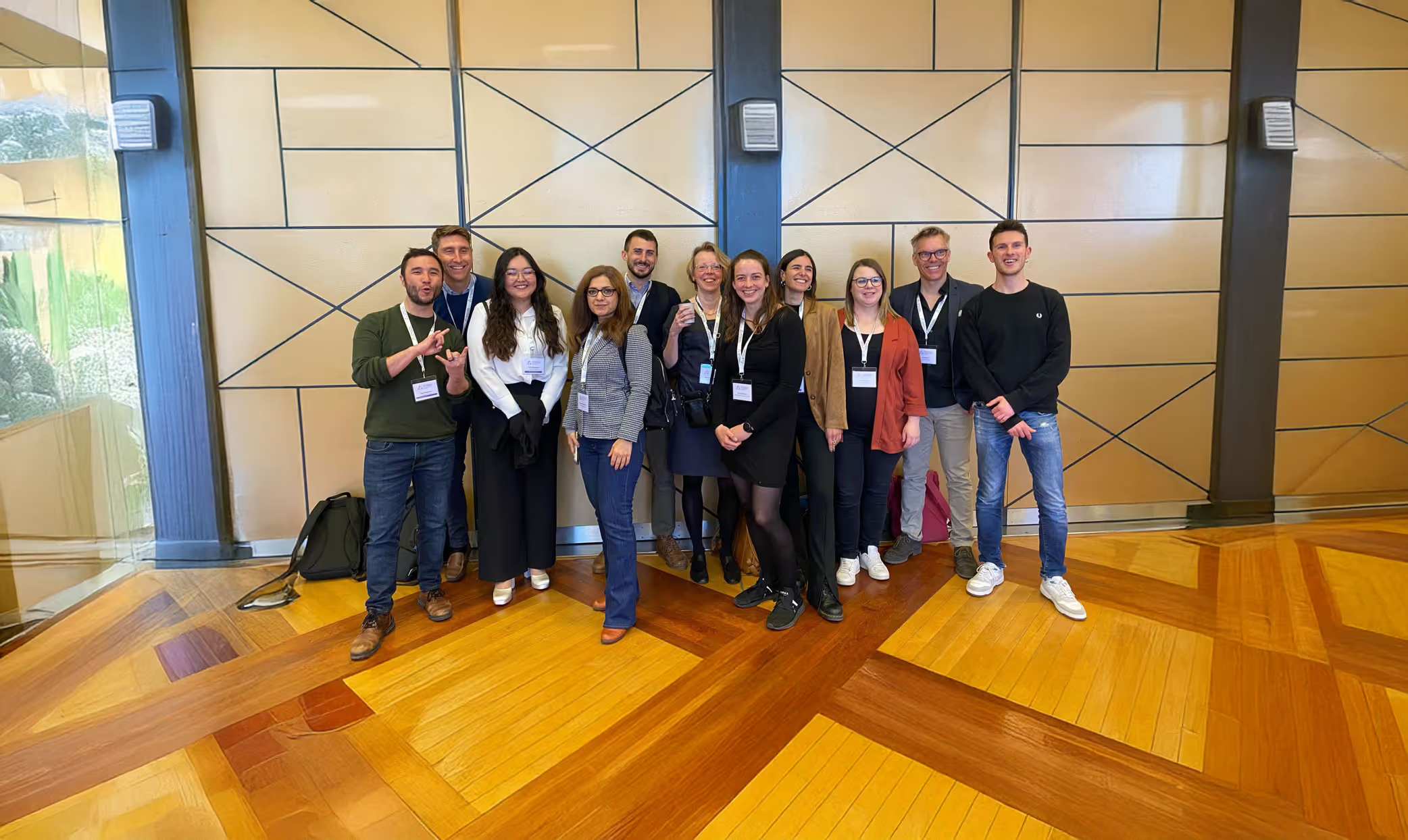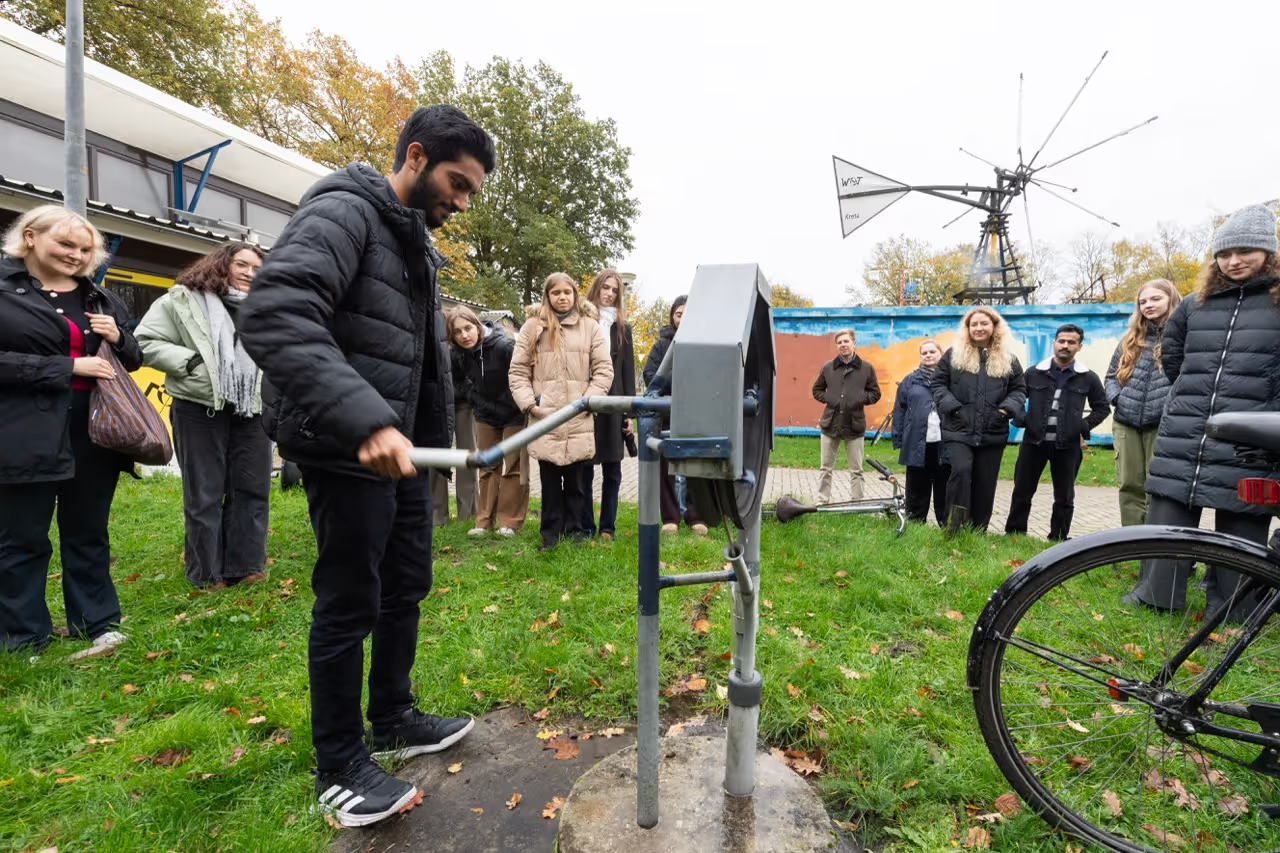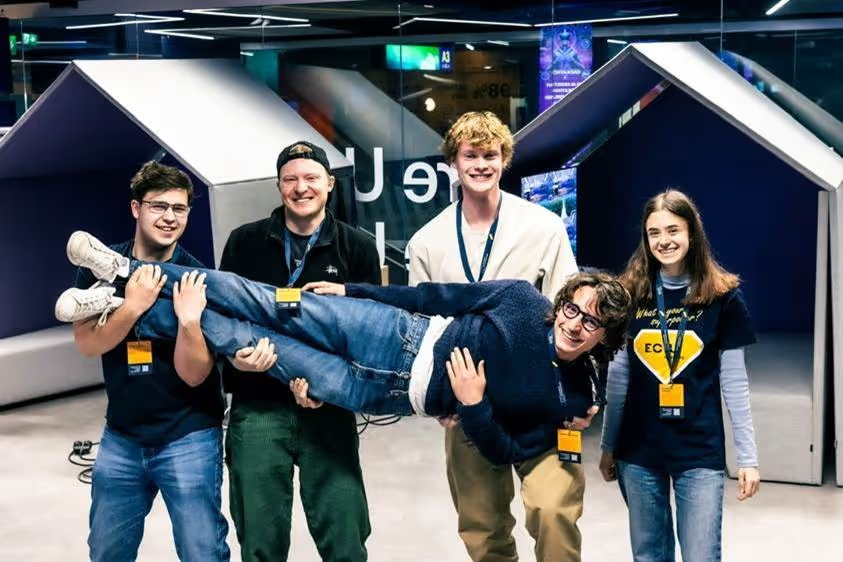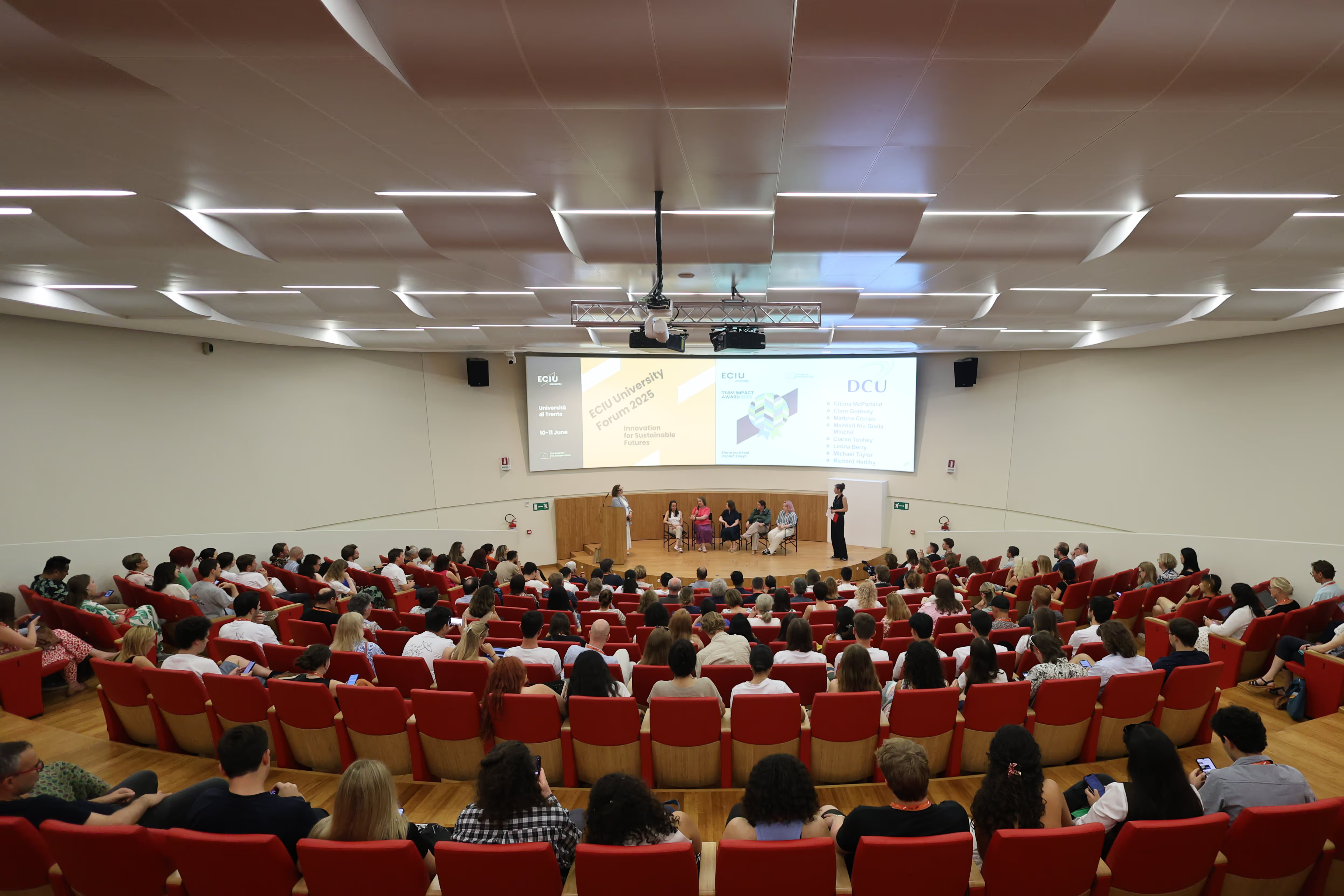JUMPing between islands of modules and challenges - a new way of offering learning opportunities abroad

Education has the power to shape the future, and Challenge-Based Learning (CBL) is a driving force for real-world impact. Learning through challenges can transform students into problem-solvers for a better world.
At the International CBL Conference 2025, in Eindhoven, Netherlands in the session Implementation, the JUMP project was presented in front of educators, researchers, industry leaders, and changemakers.
Through the ECIU and other university alliances the offer of courses, challenges, modules and activities such as hackathons and creathons has increased. This in combination with the mobility funding offered by Erasmus has open for an increased mobility and increased opportunity to study abroad. However, with all these offers, fragmentation and also difficulties in finding suitable combinations to form a consistent educational path has increased.
Trough the JUMP project, our ambition is to systematise and arrange and, in some cases, also complement the current offerings of learning opportunities in the form of bundles and minors. Such bundles can be offered by one or several universities but are packed and marketed together. Hence, the main aim of JUMP is to provide a structure helping the learners to create their own flexible learning paths.
Hence, what we want to create is a structural CBL Minor, developing online micro-modules, piloting co-created challenges projects, CBL internships/theses, and reinforcing the Erasmus+ program to promote cooperation between European HEIs and stakeholders to equip students with responsible I&E skills. We also want to facilitate a dialogue among quadruple-helix actors to solve societal challenges via international, cross-disciplinary student teams trained in responsible I&E and transversal skills.
JUMPing between islands of modules and challenges - a new way of offering learning opportunities abroad.

ECIU is the leading international consortium of research intensive universities, with collective emphasis on innovation, creativity and societal impact, driving the development of a knowledge-based economy.

ECIU is the leading international consortium of research intensive universities, with collective emphasis on innovation, creativity and societal impact, driving the development of a knowledge-based economy.

ECIU is the leading international consortium of research intensive universities, with collective emphasis on innovation, creativity and societal impact, driving the development of a knowledge-based economy.

ECIU is the leading international consortium of research intensive universities, with collective emphasis on innovation, creativity and societal impact, driving the development of a knowledge-based economy.



